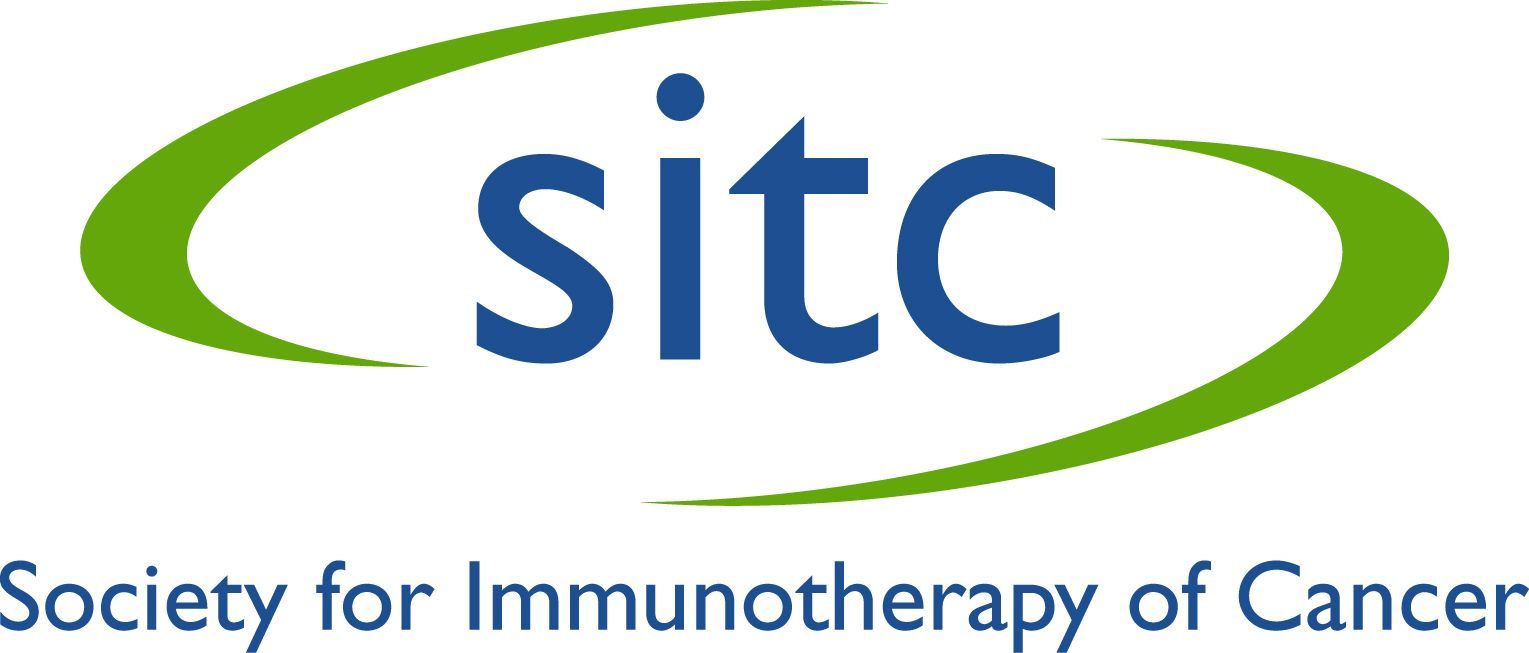- Advertise
- About OncLive
- Editorial Board
- MJH Life Sciences brands
- Contact Us
- Privacy
- Terms & Conditions
- Do Not Sell My Information
2 Clarke Drive
Suite 100
Cranbury, NJ 08512
© 2025 MJH Life Sciences™ and OncLive - Clinical Oncology News, Cancer Expert Insights. All rights reserved.
Dr. Saenger on Ongoing Research in Melanoma
Yvonne Saenger, MD, director of Melanoma Immunotherapy at Columbia University Medical Center, discusses ongoing research related to immunotherapy in the field of melanoma. Sanger shared this insight during an interview with OncLive during the recent Society for Immunotherapy of Cancer Cancer Immunotherapy 101 meeting in New York City.
Yvonne Saenger, MD, director of Melanoma Immunotherapy at Columbia University Medical Center, discusses ongoing research related to immunotherapy in the field of melanoma. Sanger shared this insight during an interview with OncLive during the recent Society for Immunotherapy of Cancer Cancer Immunotherapy 101 meeting in New York City.
There are 2 really exciting areas right now, Saenger says, one of those being locally targeted therapies. For example, regarding the abscopal effect, practitioners can radiate a lesion and generate a systemic immune response. An extension of that method is talimogene laherparepvec (T-VEC; Imlygic), which will likely yield better results than a checkpoint blockade alone. Therefore, she adds, combining it with a local strategy is going to be very important, especially as researchers move beyond melanoma into less immunogenic tumors that have evolved from strategies that exclude the T cells from the tumor bed.
The second area that will gain traction is targeting myeloid cells, Saenger says. Additionally, there are agents where you can combine activation of the T cells and inhibition of the macrophages that look like they will have promise.


